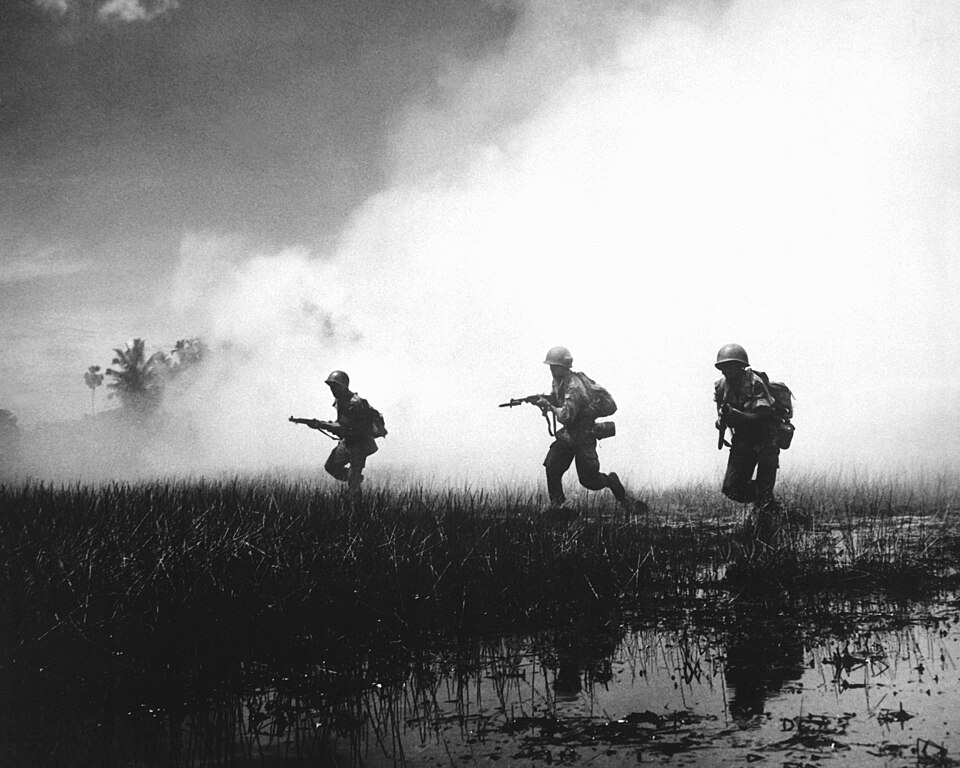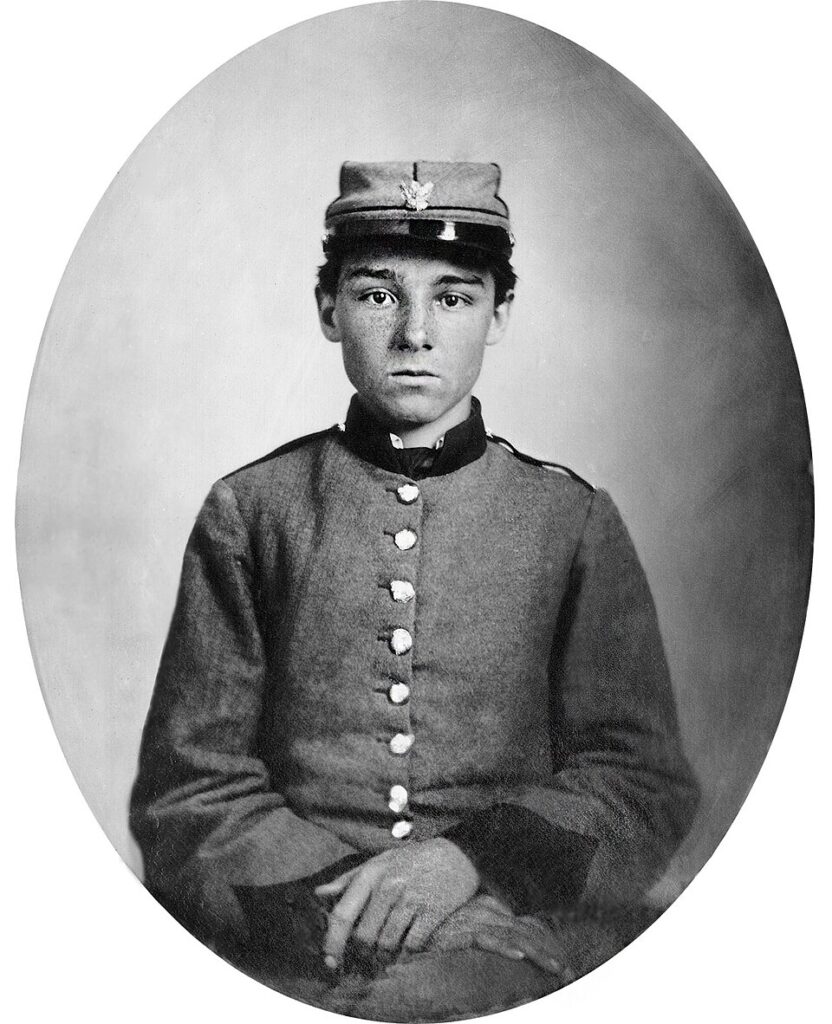By Friedrich Bargideon
Son of immigrants, keeper of maps, and chronicler of mankind’s most dangerous addiction: war.
I have walked the killing fields of every age.
Not merely as an observer, but as something older — a witness cursed with memory. I have felt the mud of Agincourt clinging to my boots, the frost of Stalingrad biting through my gloves, and the desert wind of Fallujah scouring my face raw. The banners change, the languages shift, but the sound… the sound never does.
Steel against bone. Prayers whispered too late. The slow exhale of a dying man who finally understands what none of his commanders ever will.
If war teaches anything, it is that mankind learns nothing.
Each generation swears its fathers were fools — that this time, the blood will be worth the soil. Each army marches believing its cause is pure, its gods more just, its banners more righteous. Yet when the smoke clears, the victors bury their sons beside the vanquished, and the soil drinks without preference.
I have watched phalanxes shatter beneath Persian arrows, musketeers reload under the hiss of cannonballs, and tank crews burn alive within their iron wombs. I have seen courage mistaken for obedience and cruelty praised as discipline. Still, amidst it all, I have seen men — ordinary men — perform quiet miracles: a sapper cutting a wounded comrade free beneath mortar fire, a medic giving his last morphine to an enemy soldier, a private carrying his officer’s body home so the mother might have something left to bury.
These are the true victors. Not the generals, nor the politicians who fatten themselves on speeches. It is the nameless, the mud-caked, the forgotten — those who carry the burden without ever owning the cause.
The lesson, then, is not that war can be erased. It cannot. Mankind is drawn to it as a moth to the flame — a terrible fascination with the fire of its own destruction. But war can be understood. It can be told truthfully. It can be stripped of its flags and rhetoric until all that remains is the trembling human cost.
If I still write, it is not to glorify conflict, but to warn those who march toward it with shining eyes and empty hearts.
The battlefield teaches harshly, but fairly. It reveals that valor and futility are often brothers, and that no man who has truly fought ever wishes to again.
And yet — somehow — we always return.
So remember this, if you remember nothing else:
War is not a lesson to be won.
It is a reminder to be endured.
And those who forget it will learn it again, in fire, mud, and the cries of their sons.
“War is not a teacher, but a mirror — and every generation stares into it, hoping to see something noble, yet finding only itself.”
— Friedrich Bargideon
The battlefield is a crucible where man’s ideals are tested against his instincts. In every century I have walked, the banners differ, yet the reasons echo — fear, pride, survival, vengeance, and sometimes, the faint illusion of peace. At Cannae, I watched Roman discipline collapse beneath Hannibal’s cunning; order devoured by chaos in the span of an afternoon. Centuries later, at Verdun, the same discipline built a fortress of bones. In both, I saw what men refuse to learn — that strategy may win the ground, but it is endurance that defines the soldier. The common infantryman, whether bearing a spear, musket, or rifle, fights not for empire or ideology but for the man beside him. Historians will count the dead and mark the lines of advance; they will praise the brilliance of generals. But it is the nameless soldier — the one who advances despite knowing the futility — who truly carries the weight of history. And when the last shell falls silent, it is his silence that lingers longest.


Some will argue that war forges progress — that without it, nations stagnate, technologies rust, and men lose their edge. I have seen truth in that… and tragedy. The iron plow was born of the sword, the surgeon’s scalpel refined by the bayonet, the jet engine perfected by the bomber. Yet each advancement comes steeped in the cost of those who perished to make it so. Perhaps that is humanity’s cruel bargain — that creation and destruction must forever march in lockstep. Others claim war reveals character, that it tests a man’s soul and tempers courage. But I have seen the purest men broken, and the cowards made heroes by accident. War does not reveal who we are; it reveals what we are capable of when stripped of everything else. In that, perhaps, lies its most damning truth — that the same hands which cradle an infant are capable of unspeakable ruin.
Final Thoughts
In the final measure, war is not a chapter in history — it is the author’s recurring error. We keep rewriting it, believing each draft will end differently, and yet the ink always runs red. I have seen empires rise from ashes only to choke on their own smoke, and I have watched ordinary men become legends simply for surviving what should never have been. The lesson, if there is one, is not to worship the warrior, but to understand the weight he bears. If humanity is ever to evolve, it must learn to admire courage without demanding sacrifice. Until then, the ghosts will march beside us — silent, patient, waiting for us to finally listen.
